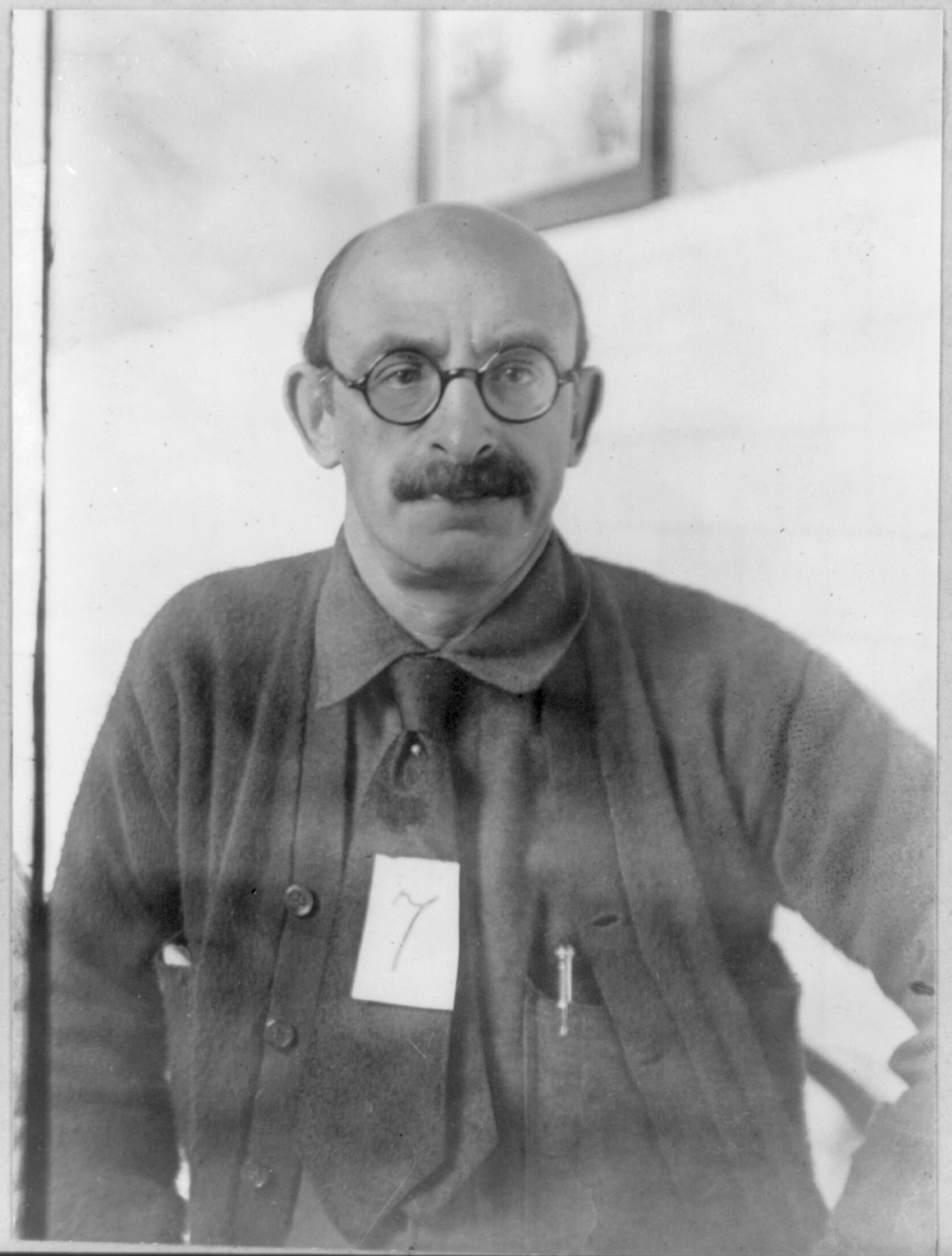What Is Anarchism? (1929), Ch. 26: "Preparation" http://libcom.org/library/what-is-anarchism-alexander-berkman-26
Contexto: If your object is to secure liberty, you must learn to do without authority and compulsion. If you intend to live in peace and harmony with your fellow-men, you and they should cultivate brotherhood and respect for each other. If you want to work together with them for your mutual benefit, you must practice cooperation. The social revolution means much more than the reorganization of conditions only: it means the establishment of new human values and social relationships, a changed attitude of man to man, as of one free and independent to his equal; it means a different spirit in individual and collective life, and that spirit cannot be born overnight. It is a spirit to be cultivated, to be nurtured and reared, as the most delicate flower it is, for indeed it is the flower of a new and beautiful existence.
Alexander Berkman: Frases em inglês
“If your object is to secure liberty, you must learn to do without authority and compulsion.”
What Is Anarchism? (1929), Ch. 26: "Preparation" http://libcom.org/library/what-is-anarchism-alexander-berkman-26
Contexto: If your object is to secure liberty, you must learn to do without authority and compulsion. If you intend to live in peace and harmony with your fellow-men, you and they should cultivate brotherhood and respect for each other. If you want to work together with them for your mutual benefit, you must practice cooperation. The social revolution means much more than the reorganization of conditions only: it means the establishment of new human values and social relationships, a changed attitude of man to man, as of one free and independent to his equal; it means a different spirit in individual and collective life, and that spirit cannot be born overnight. It is a spirit to be cultivated, to be nurtured and reared, as the most delicate flower it is, for indeed it is the flower of a new and beautiful existence.
“Once on the road of terrorism, the State necessarily becomes estranged from the people.”
"The Bolshevik Myth" in Anarchism : A Documentary History of Libertarian Ideas, Vol. 1 (2005) edited by Robert Graham, p. 312. <!-- Montreal: Black Rose Books -->
Contexto: Terrorism is tempting with its tremendous possibilities. It offers a mechanical solution, as it were, in hopeless situations. … the principles of terrorism unavoidably rebound to the fatal injury of liberty and revolution. Absolute power corrupts and defeats its partisans no less than its opponents. A people that knows not liberty becomes accustomed to dictatorship: fighting despotism and counter-revolution, terrorism itself becomes their efficient school. Once on the road of terrorism, the State necessarily becomes estranged from the people.
“Inhumanity is the keynote of stupidity in power.”
Fonte: Prison Memoirs of an Anarchist
Prison Memoirs of an Anarchist (1912), Ch. 18: "The Solitary".
Prison Memoirs of an Anarchist (1912), Ch. 18: "The Solitary" http://dwardmac.pitzer.edu/anarchist_Archives/bright/berkman/prison/chapter18ii.html
